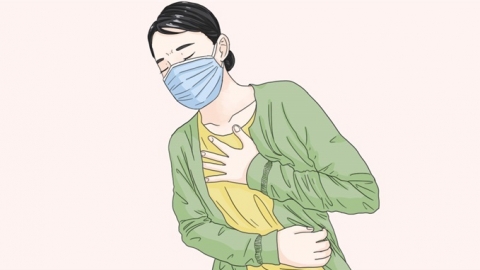How long does it take for the lungs to recover from interstitial pneumonia with pulmonary whitening?
Generally, lung whitening caused by interstitial pneumonia takes about 2–4 weeks to recover. However, if the condition is severe, the recovery period may be longer, and the exact duration cannot be determined in advance. Recovery depends on multiple factors, including the severity of the illness, treatment methods, and individual physical condition. If discomfort symptoms occur, timely consultation at a formal hospital is recommended. Detailed analysis is as follows:

If the condition is mild, with limited lung inflammation, no significant fibrosis, and prompt standardized anti-inflammatory and anti-fibrotic treatment is administered, and if the patient has a good physical condition, strong immunity, and good lung tissue repair capability, the lungs may gradually recover within 2–4 weeks, with imaging scans showing reduced lesion size and decreased density.
If the lung whitening covers a large area, significant pulmonary fibrosis has developed, or treatment is delayed or the therapeutic regimen is inappropriate, combined with the patient's weak constitution and underlying diseases, the lung repair process will be significantly delayed. The recovery period may exceed four weeks and could even last several months, varying based on individual responses to treatment.
During treatment, strict compliance with the doctor's instructions and timely medication are essential; treatment should not be interrupted arbitrarily. Regular lung imaging follow-ups are necessary to monitor lesion changes. Adequate nutritional intake should be ensured, excessive fatigue avoided, and physical resistance enhanced. Keeping warm and preventing colds and other respiratory infections are important to avoid worsening lung damage. If symptoms such as worsening dyspnea or increased coughing occur during treatment, the doctor should be informed promptly to adjust the treatment plan.





